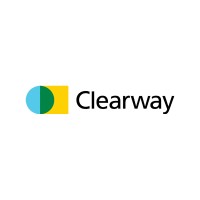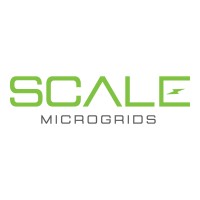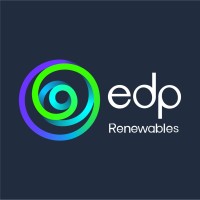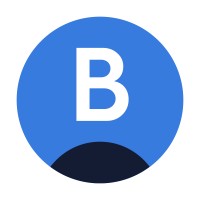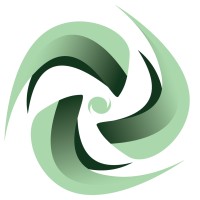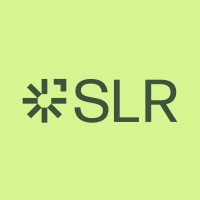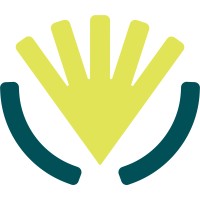Renewable Energy Jobs tagged "Distributed Generation"
-
-
-
-
ExpiredNew York, New York, United States + 1 locationHybrid Full Time 48 days ago
-
ExpiredBrussels, BelgiumOn-site Full Time 43 days ago
-
ExpiredBoston, Massachusetts, United StatesOn-site Full Time More than 3 months ago
Distributed Generation Jobs in Renewable Energy
What Distributed Generation Actually Means for Your Career
Distributed generation in renewables refers to power systems located at or near the point of use, rather than utility-scale plants transmitting energy over long distances. This includes rooftop solar arrays, commercial building installations, microgrids, and increasingly, behind-the-meter battery storage. The distinction matters for job seekers because DG roles demand different skills than utility-scale projects: you're often dealing with multiple smaller installations rather than single massive facilities, navigating commercial customer relationships, and increasingly integrating Energy Storage solutions.
A common misconception is that DG work is primarily residential solar installation. While that's part of the market, commercial and industrial DG projects dominate hiring at companies like EDP Renewables and BlueWave. These projects require sophisticated project engineering, financial modeling, and technical expertise around SCADA systems and battery integration.
Career Paths and In-Demand Specializations
Project engineering represents the clearest career ladder in DG, with positions ranging from Senior Project Engineer to Principal and Director levels. Based on available openings, regional specialization matters: Northeast, Mid-Atlantic, and West/Central US roles appear frequently, suggesting companies build regional expertise rather than national generalists.
Battery storage expertise commands particular attention. Roles explicitly combining DG with battery storage subject matter expertise reflect the sector's rapid evolution toward Microgrids and flexible, dispatchable generation. SCADA subject matter experts are similarly in demand as monitoring and control systems become more sophisticated for distributed assets.
Business development and sales roles bridge technical and commercial skills. Regional Sales Managers and Go-to-Market Managers need to understand both the technology and complex commercial structures like power purchase agreements and net metering.
Where the Field Is Heading
The convergence of distributed solar, battery storage, and smart grid technologies is reshaping these roles. Virtual power plants that aggregate distributed resources are creating demand for professionals who understand both the physical assets and software platforms. European markets, particularly Germany, show strong hiring for DG leadership roles, while US positions skew more technical and project-focused. The sector increasingly values professionals who can navigate interconnection requirements, utility partnerships, and evolving incentive structures across different markets.
Get Job Alerts
Get alerts for Distributed Generation jobs
Featured Jobs
Renewable Energy Blog Posts
-

Renewable Energy Forecast for 2030
By 2030, renewables are poised to supply nearly half of global electricity, with solar and wind leading this explosive expansion. In this data-driven piece, we explore job creation forecasts, supply chain bottlenecks, and policy hurdles. -

Fastest Growing Renewable Energy Sector: Data and Trends
In 2023, solar photovoltaics surged by 32.59%, officially making it the fastest-growing renewable energy source worldwide. Yet offshore wind, which soared by 57.87% in 2021, remains a formidable competitor in total electricity output due to its high capacity factor. This concise overview highlights how policy incentives, cost reductions, and manufacturing advances are propelling solar to the forefront of the global energy transition. -
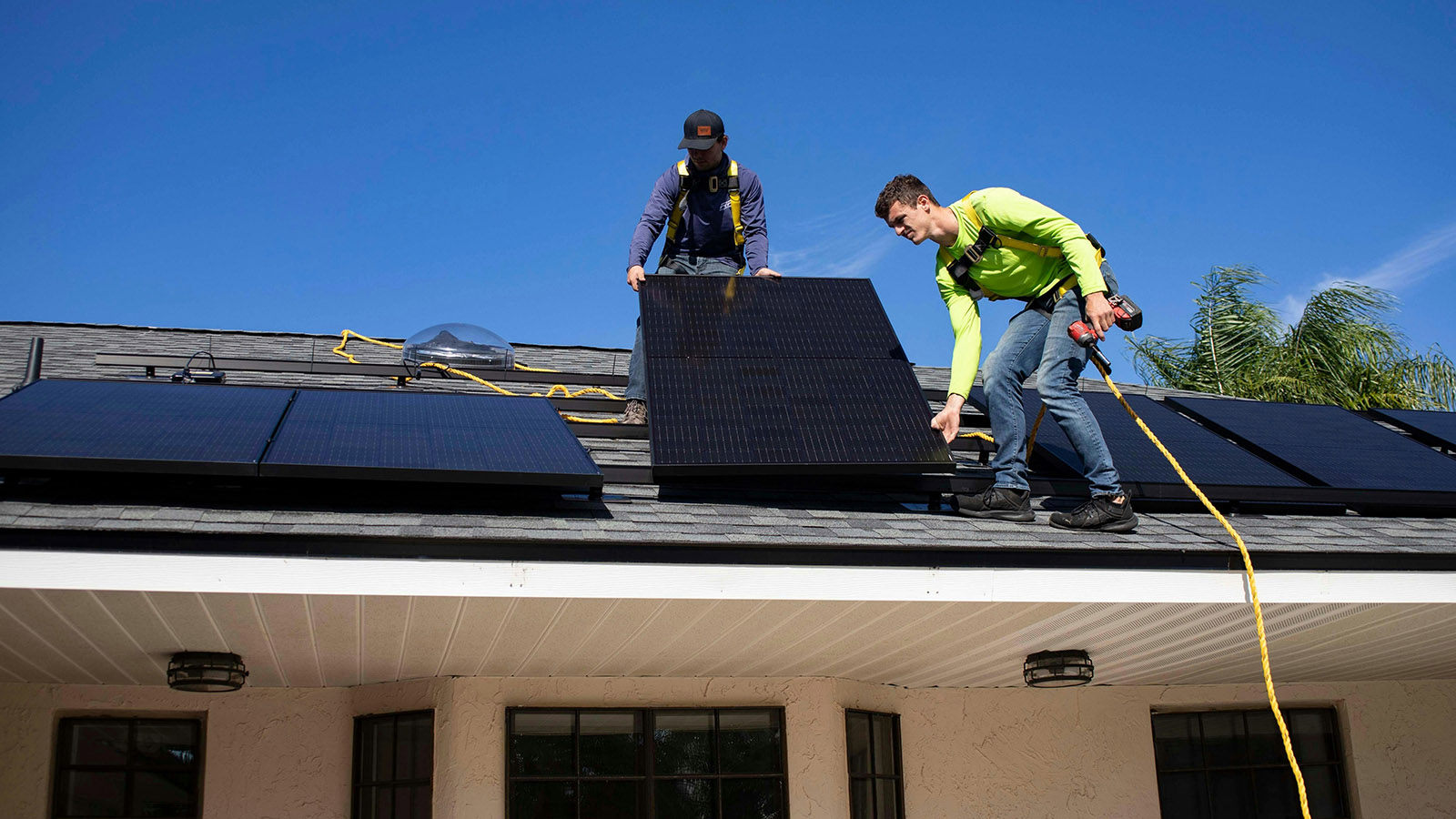
Career Opportunities in Solar Energy
The solar energy sector is experiencing unprecedented growth, with over 7.1 million jobs in solar PV alone as of 2023. For professionals considering a career shift into renewable energy, solar offers pathways across R&D, manufacturing, project development, and operations.

